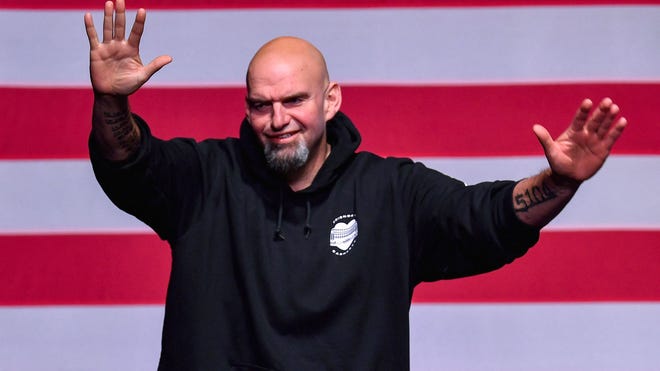Comedian DL Hughley has taken aim at sports commentator Stephen A. Smith for his recent remarks suggesting that black people can relate to President Donald Trump.
Smith faced backlash after his comments were perceived as implying support for Trump within the black community.
Initially made on Fox News during an interview on Hannity, Smith stated that black Americans could empathize with Trump due to the discrimination he faces.
This assertion drew sharp criticism, including from organizations like the NAACP.
In response to the ensuing controversy, Smith issued an apology, claiming his words had been misconstrued and taken out of context.
However, Hughley, speaking on Big Boy’s Neighborhood, challenged Smith’s stance, questioning how Trump could be relatable to black individuals.
Hughley expressed skepticism towards Smith’s attempt to backtrack on his original statement, emphasizing the importance of accountability and standing by one’s words.
Hughley highlighted the inconsistency in Smith’s position, urging him to clarify how Trump’s actions align with the values and experiences of the black community.
He criticized the notion of finding common ground with individuals involved in criminal activities, emphasizing personal integrity and moral standards.
Hughley emphasized the need for authenticity and transparency in public statements, calling out Smith for disavowing his initial comments.
The Jasmine Brand, among other media outlets, shared a clip of Hughley’s critique of Smith, underscoring the comedian’s skepticism towards the sincerity of Smith’s apology.
Hughley’s remarks resonated with many who questioned the basis for comparing black experiences to Trump’s behavior.
The diverse reactions on social media reflected varying perspectives on the controversy, with some supporting Hughley’s critique and others defending Smith’s intentions.
One social media user echoed Hughley’s sentiments, asserting that Smith should take ownership of his statements without attempting to retract or reinterpret them.
Conversely, another user criticized the perceived lack of responsibility among influential figures in shaping public discourse.
A different perspective questioned the assumption that black individuals must align with a particular political ideology, advocating for independent thinking and critical engagement with societal norms.
The debate surrounding Smith’s comments underscores broader discussions within the black community about political representation and ideological diversity.
Hughley’s outspoken criticism reflects a desire for honesty and accountability in public discourse, challenging individuals in positions of influence to uphold ethical standards.
The varying reactions from online users highlight the complexity of navigating sensitive issues related to race, politics, and social identity.
As the conversation continues, the clash between Hughley and Smith prompts reflection on the nuances of cultural representation and political allegiance.
The call for open dialogue and respectful engagement underscores the importance of fostering constructive conversations on contentious topics.
The exchange serves as a reminder of the power of words and the responsibility that comes with articulating views on complex societal issues.































